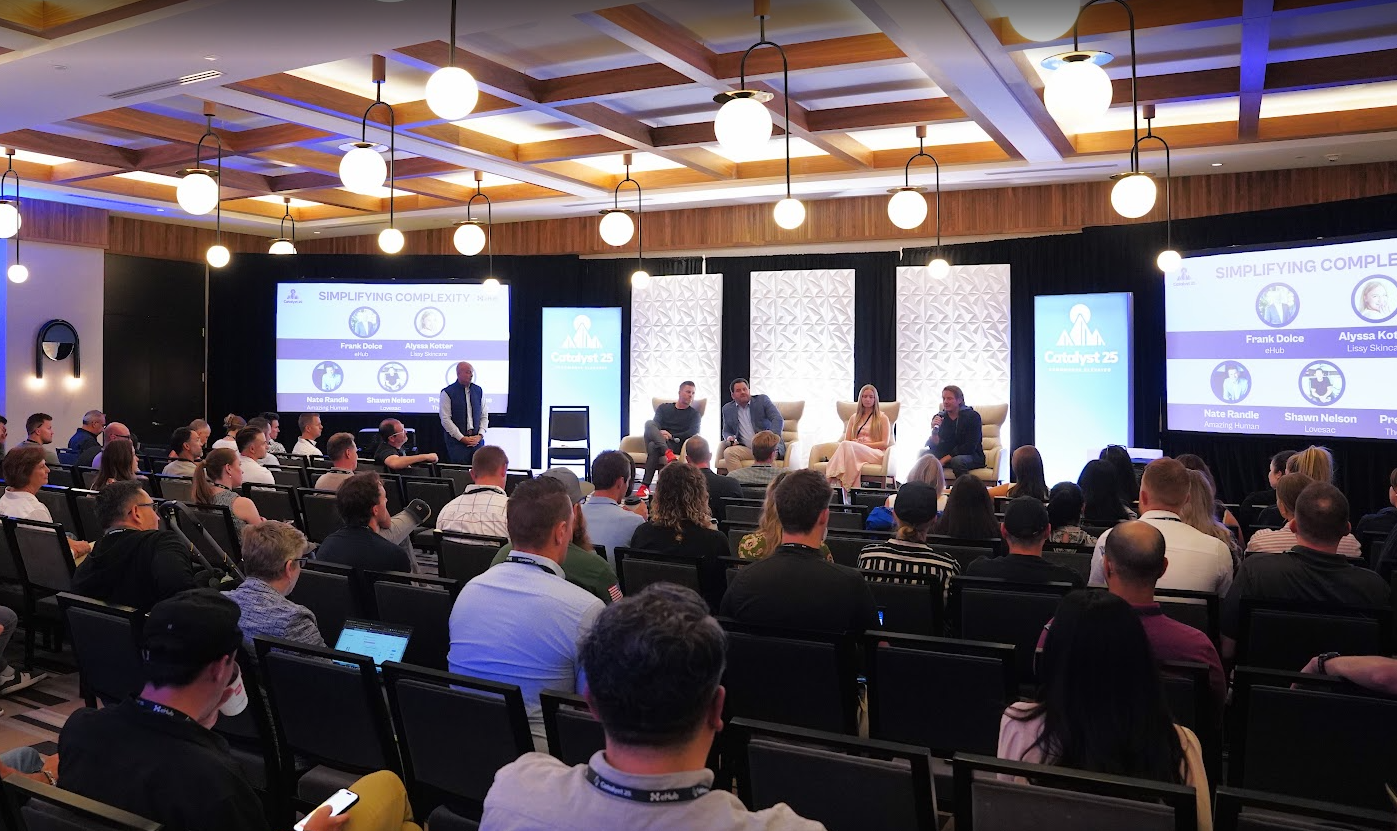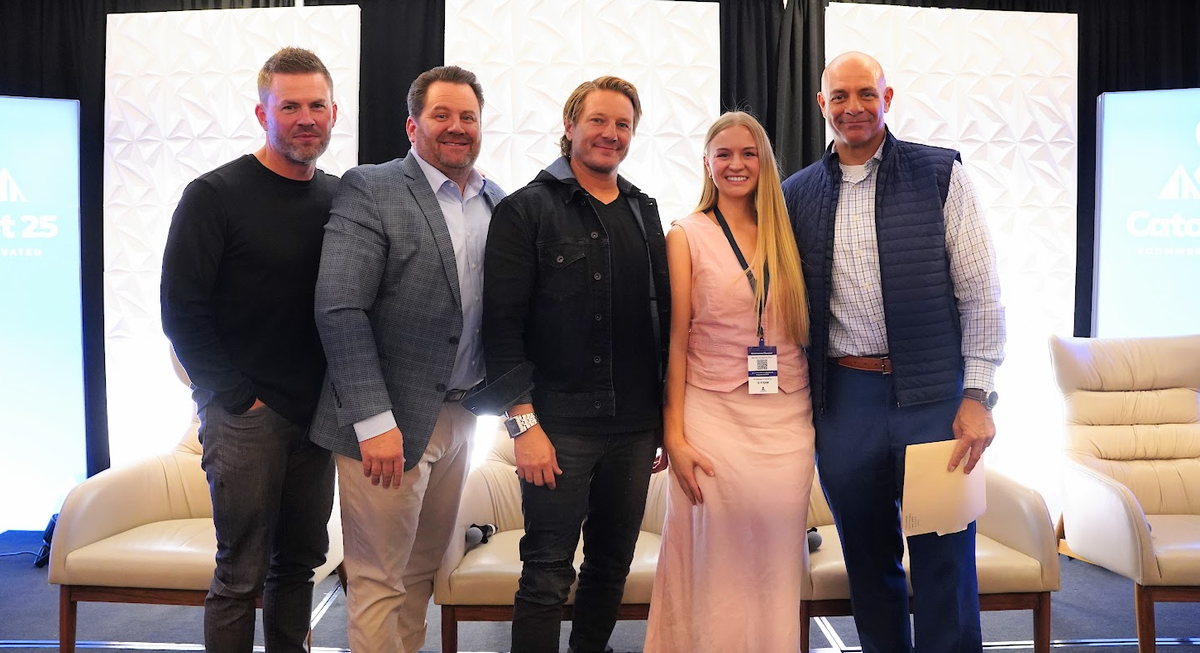

Salt Lake City, Utah — September 5, 2025
Catalyst 25, an ecommerce conference with workshops, keynotes, an awards gala and female-founder pitch competition, took place today in downtown Salt Lake City. Its first keynote session featured a diverse panel of leaders: Nate Randle (former CEO of Gabb), Preston Cochrane (CEO of The Other Side Village), Alyssa Kotter (founder of Lissy Skincare, based in Richfield, Utah), and Shawn Nelson (founder and CEO of Lovesac). They took the stage to share how they’ve navigated the messy realities of leadership. The session was moderated with humor and candor by Frank Dolce, Partner at eHub, Catalyst 25’s title sponsor. The conversation centered on complexity in business and life — and how stripping it down to essentials often drives the greatest breakthroughs.
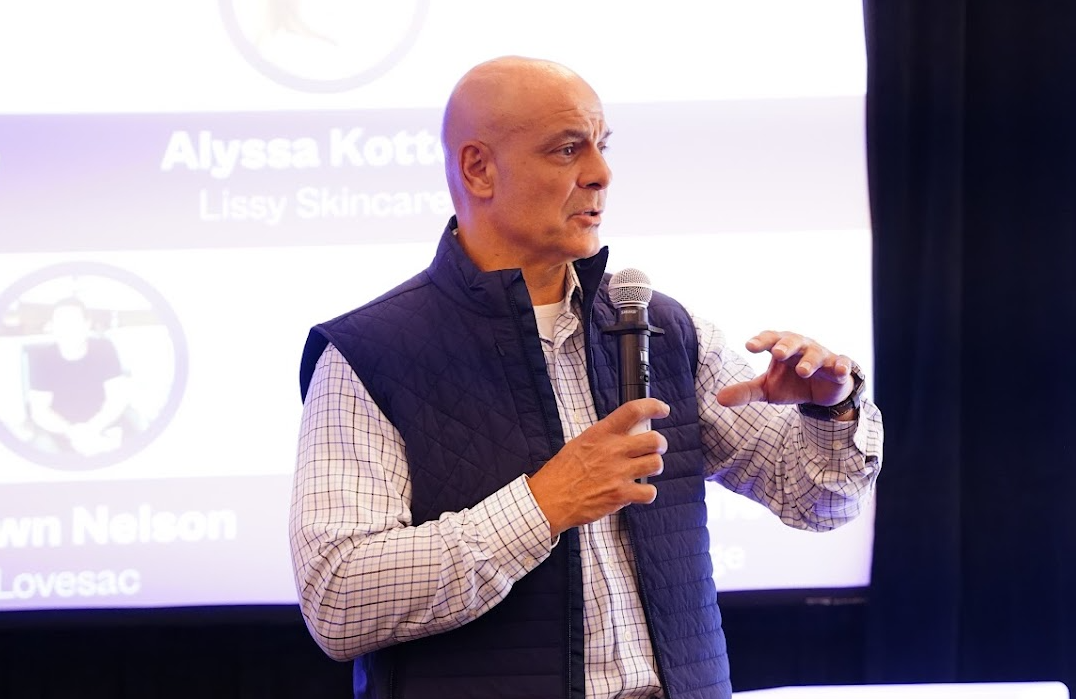
Leadership, Politics, and Conflict
One thread that ran through the discussion was how leaders manage internal politics and conflict. Randle noted that in every organization, regardless of size, politics eventually become a challenge that must be addressed directly. Preston Cochrane described how The Other Side Village uses principles from Crucial Conversations to build a culture of authenticity, where issues are surfaced immediately rather than left to fester. “The health of a company can be measured by the lag time between identifying a problem and discussing it,” he said.
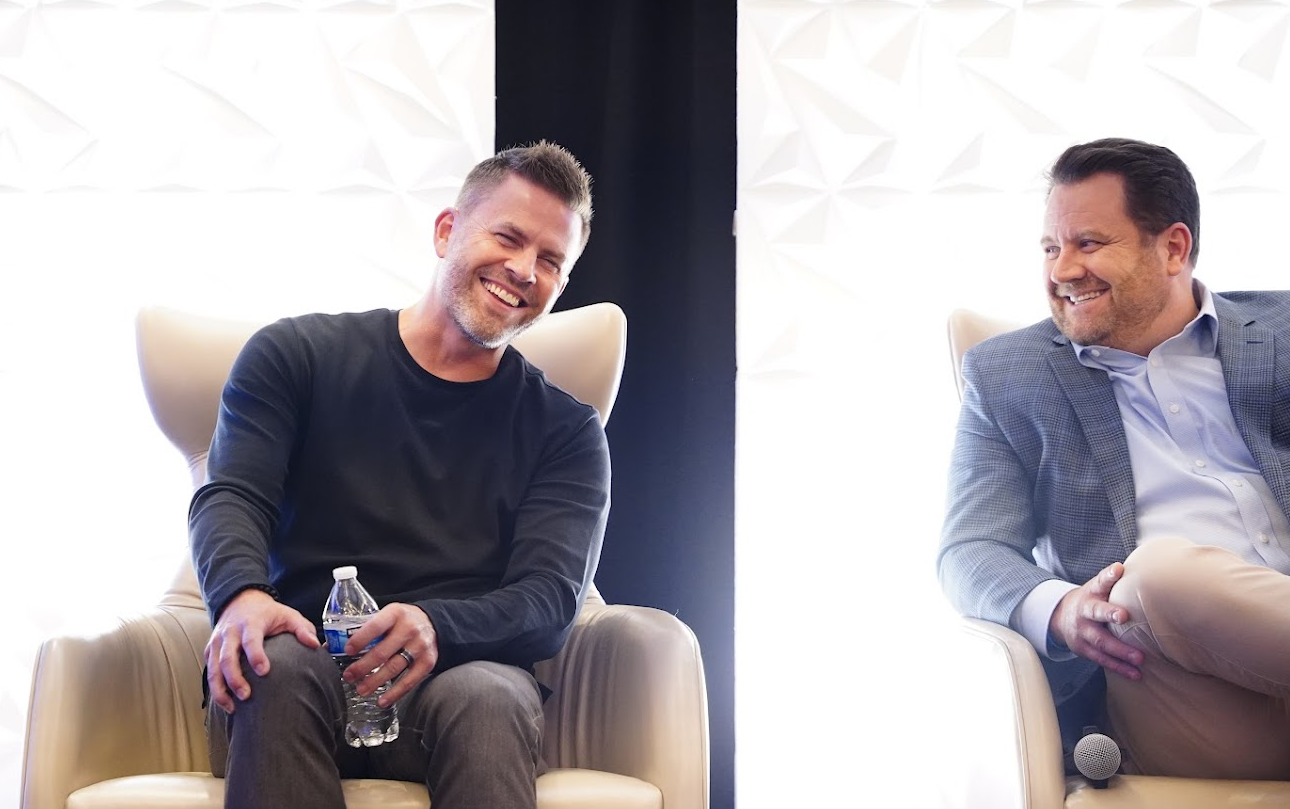
Randle agreed, adding that delaying difficult conversations rarely helps: “If it’s done with love and care, and people understand where you’re coming from, it actually helps you get to the better side of things faster.”
27 years in running Lovesac, Nelson emphasized a no-tolerance approach to toxic influences. “It takes just one clown in your life to wreck everything,” he observed. Over time, he’s also learned to avoid rushing in to fix every problem himself: “People just need to complain sometimes, and that’s okay. It’s human.”
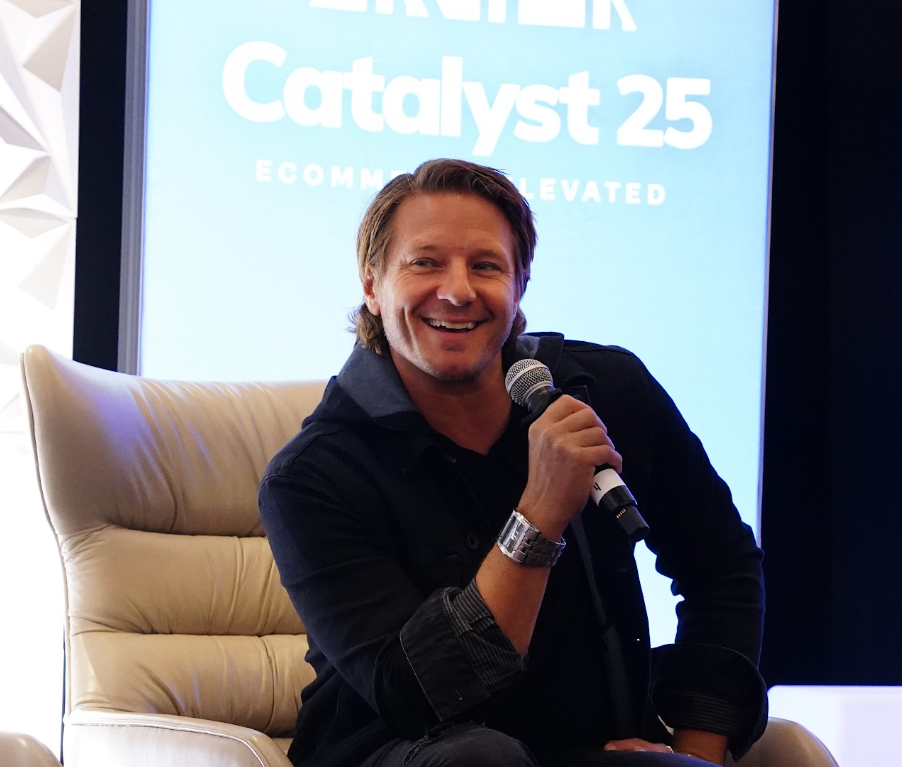
Kotter admitted that early on, she fell into the trap of assuming employees could read her mind. “I thought they’d eventually just get what I wanted without me saying it. They didn’t,” she said, laughing. The turning point came when an employee suggested that maybe they should have meetings once in a while. Now she addresses issues immediately, which she says keeps both her and her team happier.
Doing Less to Achieve More
The panelists also explored the theme of simplifying strategy by saying no. Randle shared a lesson from his Nike Golf days, when the company exited the golf club and ball market at the height of Tiger Woods’ dominance. By focusing exclusively on apparel and footwear, Nike Golf built a more profitable and enduring business.
"We had Tiger Woods, and he was winning consistently. There was a possibility to do everything, but what we had to figure out was how to do less. That's really where I learned simplicity," recounted Randle.
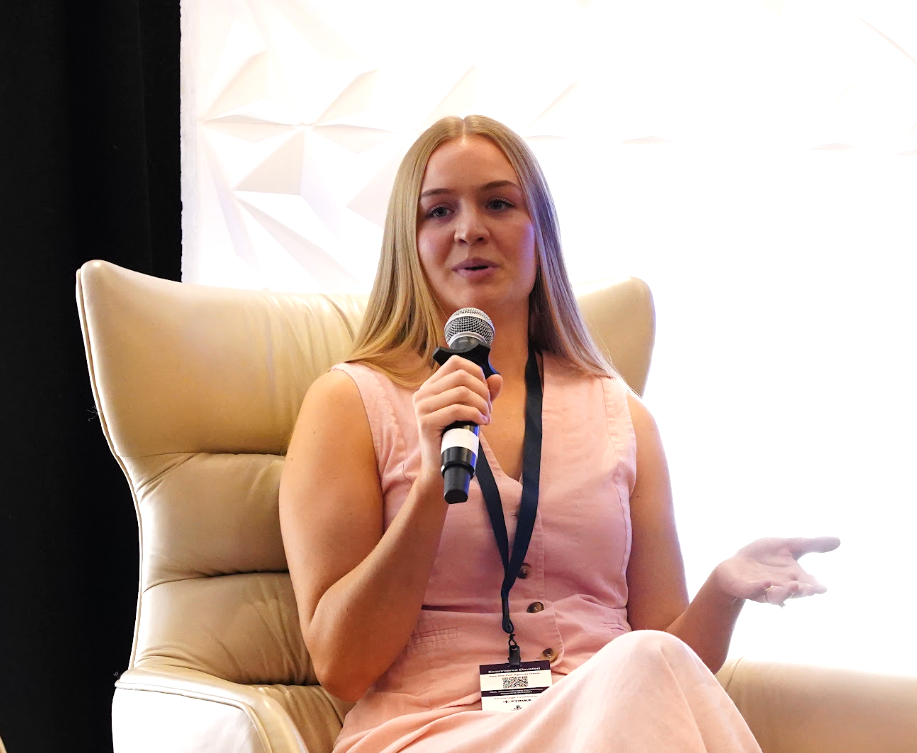
For Kotter, starting small was about survival. Launching Lissy Skincare in Richfield, a rural Utah city, she began with a single product — the one that had dramatically changed her own skin. That lean approach allowed her to avoid debt and slowly grow her line as customer trust deepened. “If I’d started with ten products, maybe one would have taken off. Instead, I built trust with one great product, and customers followed us into the next,” She said.
Cochrane echoed the importance of customer voice, explaining that The Other Side Village runs as a “democratic therapeutic community,” where every resident has input into rules and systems. “I’ve never been homeless or in prison, but everyone I work with has. They know what works and what doesn’t. Their input shapes everything we do.”
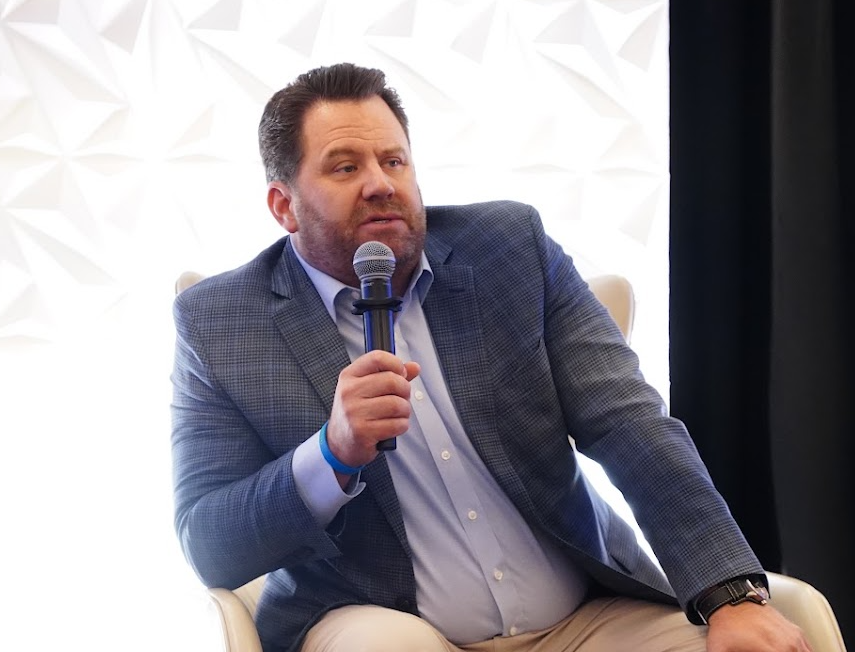
Nelson reflected on a pivotal decision at Lovesac: eliminating 90% of SKUs to focus on sectionals and couches. That radical simplification helped the company scale, go public, and outlast many of its DTC peers that expanded too fast, too wide, or internationally for ego’s sake. “You have to be brutally honest about why you’re saying yes to something,” he advised.
Philanthropy and Impact
When the conversation turned to philanthropy, panelists stressed the importance of impact over relationships. Randle shared that he has ended financial support for friends’ nonprofits when the impact wasn’t clear. “If you can’t show the impact, we’re not going to keep moving forward,” he said.
Cochrane underscored this with The Other Side Village’s four measurable outcomes: permanently housed, self-reliant, drug-free, and crime-free. He also recommended local resource, BuildthenBless.com, based in Orem, as a way for employees to share ways that the company and their employees can benefit local communities.
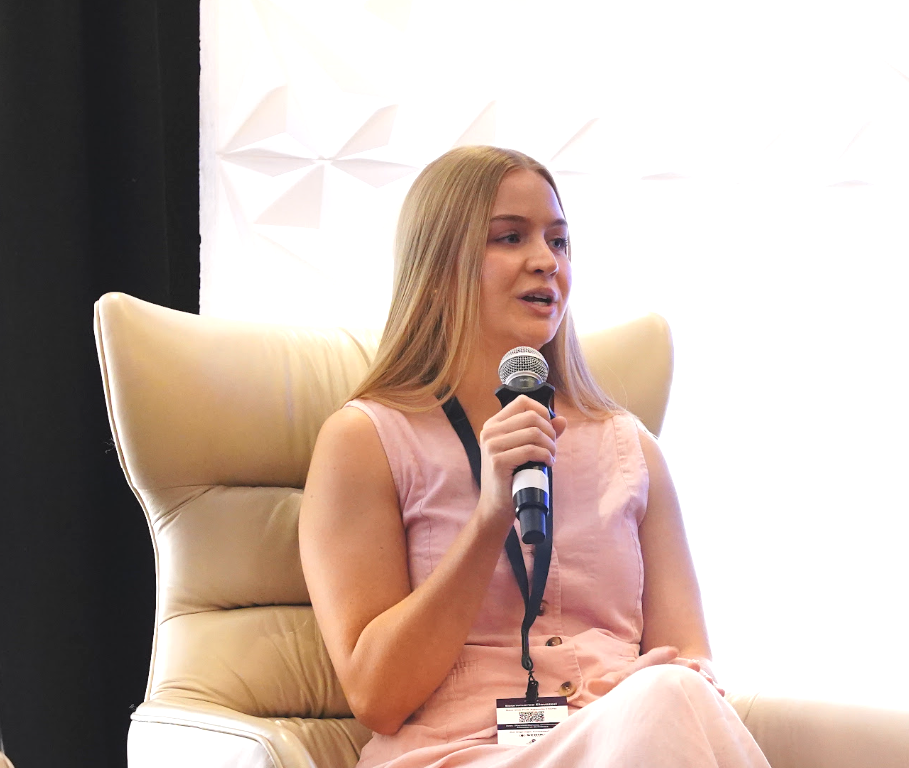
Kotter added that her giving tends to stay local. She supports Sevier County’s Backpack Club, which provides meals for kids in need. “I can see the impact in my community,” she stated.
Nelson tied philanthropy back to philosophy, noting that companies should be clear about where they will and won’t give. “If you don’t know your first principles, then everyone’s just taking you up for money.”
Remote Culture and Human Connection
The panel closed with advice on managing remote teams. Nelson, whose corporate staff of 400+ remains fully remote, recommended rituals that build human connection, from opening meetings with personal chit-chat to hosting annual gatherings.
"We call it 'good news.' Even though it takes a lot of time and seems wasteful, it goes a mile," Nelson explained. "We've integrated it into our biggest all hands meetings with 400 people on the line. Anyone at any level can share some good news — like going to Lady Gaga this weekend, or me talking about my kid— it sets the tone."
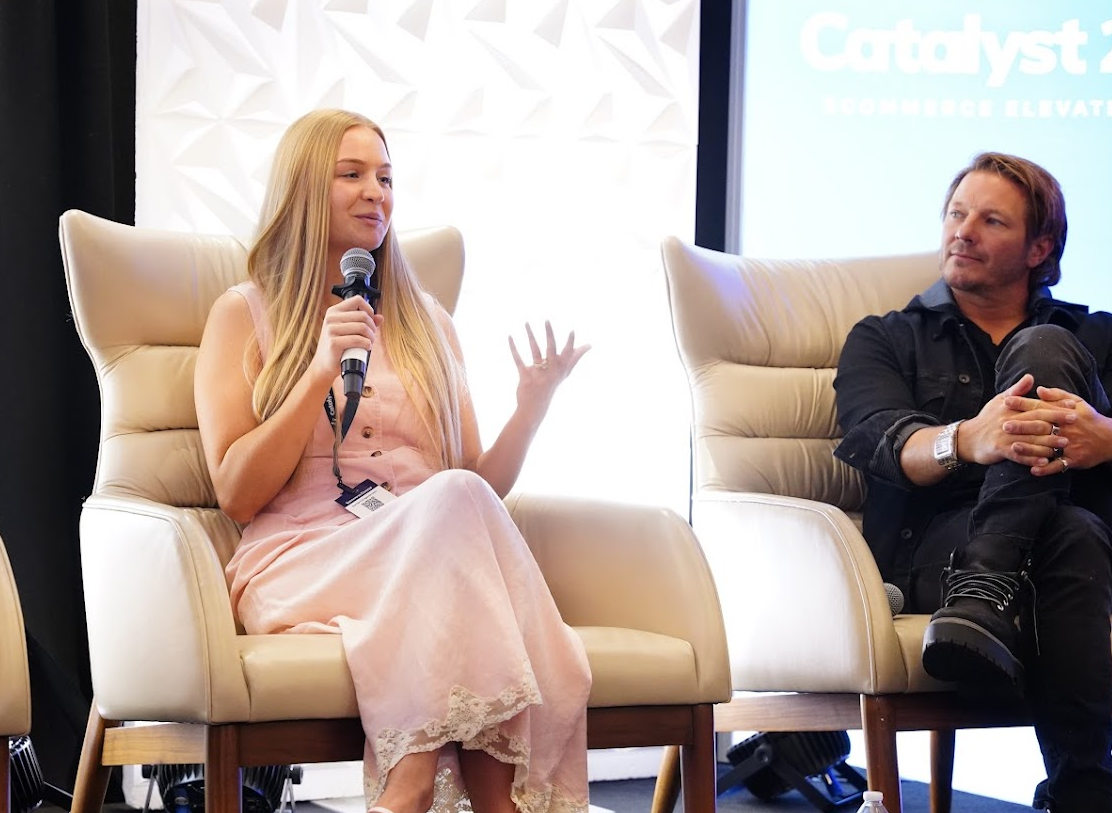
Kotter, who runs a smaller team, makes sure to check in on her employees’ lives during meetings: “It takes away tension and makes it more personable.”
A Rare Mix of Perspectives
The Catalyst 25 first keynote panel stood out not only for its practical insights but also for its diversity of voices: from a global consumer brand like Nike to a rural Utah skincare startup, from a social entrepreneur building housing for the homeless to a battle-tested public company founder who weathered the DTC wave. Moderated by Frank Dolce’s quick wit and humble, approachable style, the conversation captured a universal truth: complexity is unavoidable, but progress often comes from simplifying — whether in products, people, or principles.
